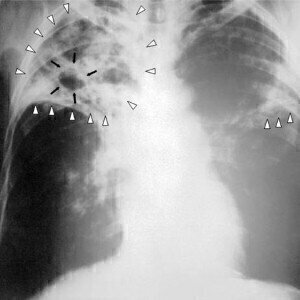News & Views
RFI to House Ultra-Fast Camera
Jul 03 2018
During the launch of the Rosalind Franklin Institute (Labmate UK & Ireland July) at the Harwell research complex in Oxford, Business Secretary Greg Clark also announced RFI’s first major projects including funding to develop the World’s best ultra-fast video camera for imaging tissue with greater sensitivity and at higher resolution than any other. The camera will be invaluable in developing new techniques that use sound and light for both detecting and treating disease, including some of the most lethal forms of cancer such as pancreatic and brain tumours, with minimal side effects for patients.
Developed by the University of Oxford and a UK-SME specialising in high-speed imaging, Invisible Vision, the camera will be available for use to scientists worldwide.
Professor Eleanor Stride from the University of Oxford, said: “A major challenge with current delivery methods for cancer drugs is that they rely on the active molecules reaching and entering the tumour cells by diffusion. This makes it difficult to ensure that all parts of a tumour are treated and leads to terrible side effects because large volumes of healthy tissue also absorb the drug. We need to find a better way to get these drugs into cancer cells specifically, quickly and effectively.The approach we’re developing introduces harmless particles into the bloodstream and then uses ultrasound to activate them, in order to both release the drug at a specific site and helping to drive it into the tumour to reach all of the cells within in it.”
Most current devices are limited to the optical part of the spectrum or look at specific wavelengths. This camera will be flexible, able to look at the full spectrum from ultraviolet to infrared, which means we’ll be able to see more detail and get higher resolution images than ever before. It will help us see how the ultrasound affects the particles and how exactly it helps improve the drug delivery and allow us to develop the treatment to make it more effective,” she added.
Once completed, the new instrument, which will be the first camera in the world able to capture up to 100 million individual frames per second at 1 megapixel resolution, can be configured in a variety of ways and applied to broad range of problems in materials science, plasma/shock physics, combustion, sonochemistry, photoacoustics, biological membrane dynamics and fluid dynamics.
Digital Edition
Lab Asia 31.2 April 2024
April 2024
In This Edition Chromatography Articles - Approaches to troubleshooting an SPE method for the analysis of oligonucleotides (pt i) - High-precision liquid flow processes demand full fluidic c...
View all digital editions
Events
Apr 22 2024 Marrakech, Morroco
Making Pharmaceuticals Exhibition & Conference
Apr 23 2024 Coventry, UK
Apr 23 2024 Kintex, South Korea
Apr 23 2024 Seoul, South Korea
Apr 24 2024 Jakarta, Indonesia













.jpg)




